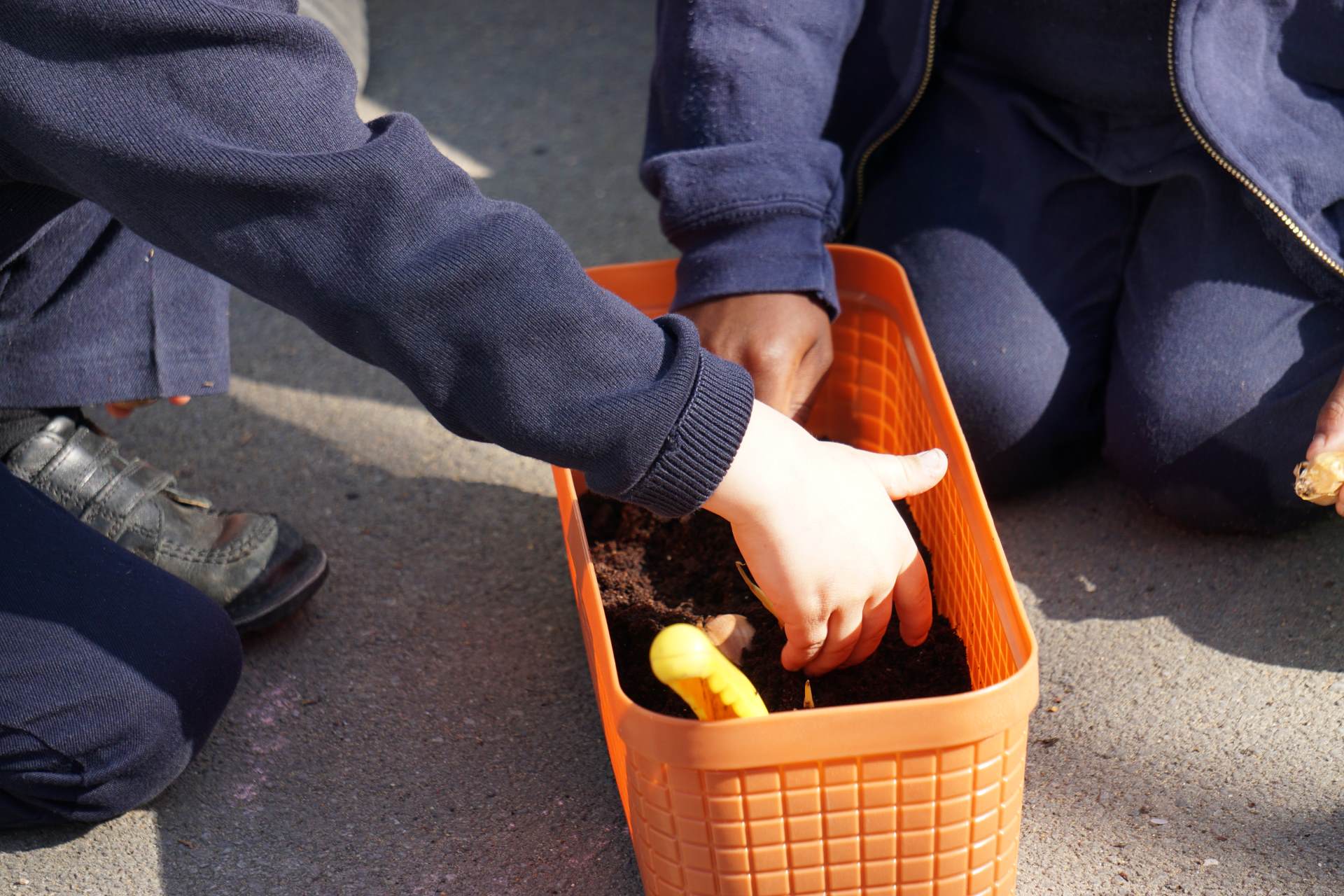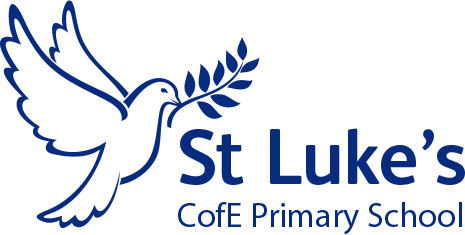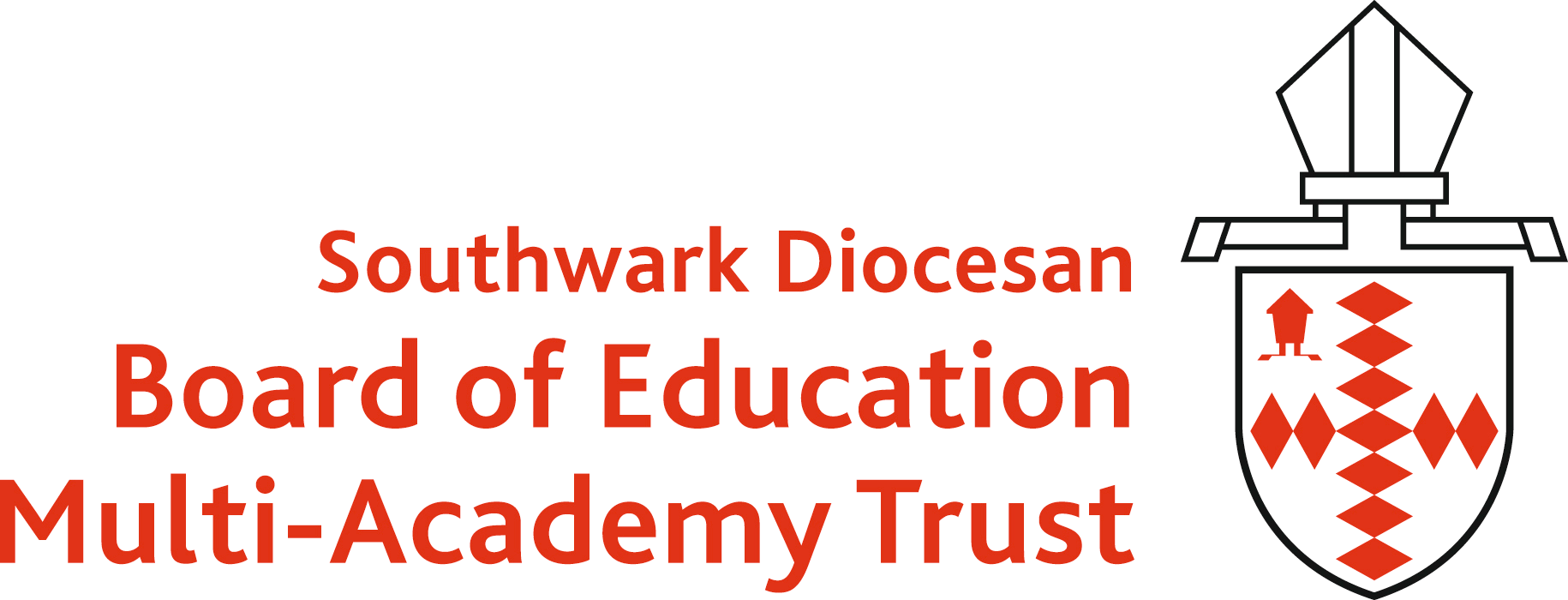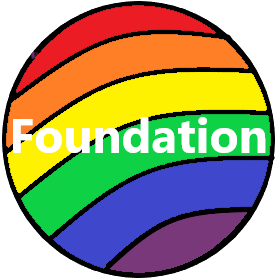Science at St Luke's

At St Luke's we believe in child-centred learning and seek to teach Science in a fun and stimulating way. Teachers plan lessons using the objectives from the Early Learning Goals and Curriculum 2014 Science Curriculum. Wherever possible, teachers will plan science lessons and activities that link to the topics the children study. Teachers will also make links to other subjects such as Maths, Literacy and Physical Education to help the children make greater progress. Opportunities for science teaching and learning occur every day, and at St Luke's, we encourage and embrace scientific thinking and questioning throughout the curriculum.
Our Whole School Rationale
Science is the study of the world around us. Scientists learn about their subject by observing, describing, and experimenting. Our science curriculum enables our learners to become
scientists! We promote our school values and Curriculum Drivers of Possibilities, Curiosity and Excellence by creating a sense of excitement and curiosity around science, developing learners who are able to question, investigate and come to their own conclusions about the world around them. By expanding our children’s cultural capital through carefully planned opportunities to actively carry out different types of scientific enquiries, we encourage them to be aspirational, considering a range of career choices within the field of science such as astronauts, forensic scientists, toxicologists or microbiologists.
Our Science curriculum will provide our learners with a strong framework to enable them to make the most of the wonderful opportunities life can offer. Many challenges that face our civilisation can be resolved with a pursuit of innovative, scientific solutions. In an area rich in engineering and scientific industries, we want to make sure our learners are enthused about science and see this as a valuable and exciting career pathway for all.
Oracy in Science
Working Scientifically
At St Luke's, we follow the three aims in the English primary science curriculum, to ensure that all pupils:
- develop scientific knowledge and conceptual understanding through the specific disciplines of biology, chemistry and physics
- develop understanding of the nature, processes and methods of science through different types of science enquiries that help them to answer scientific questions about the world around them
- are equipped with the scientific knowledge required to understand the uses and implications of science, today and for the future.
By carefully examining the statutory requirements for Working Scientifically at Key Stage One, Lower Key Stage Two and Upper Key Stage Two, it is possible to create a list of generic science enquiry skills common to all children across the primary age phase:
Asking questions Observing and measuring
Planning and setting up different types of enquiries
Identifying and classifying
Performing tests
Gathering and recording data
Using equipment
Reporting, presenting and communicating data/findings
Science Evidence of Teaching and Learning
How we Implement the Science Curriculum
Science is taught as discrete units and lessons where needed to ensure coverage. As we are a one-form primary, Science units are taught on a year rolling programme. This ensures progression
between year groups and guarantees topics are enriched with stimulating and challenging experiences to help our learners secure and extend their scientific knowledge and vocabulary. We believe that these opportunities will ensure that our children are confident, life-long learners who will explore the world around them. At St Luke’s our science curriculum aims to:
-
Help our children acquire a growing understanding of the nature, processes and
methods of scientific ideas. -
Build on our children’s natural curiosity and developing a scientific approach to
problems. -
Encourage open-mindedness, self-assessment, perseverance and developing the
skills of investigating– including: observing, measuring, predicting, hypothesising,
experimenting, communicating, interpreting, explaining and evaluating. -
Develop the use of scientific language, recording and techniques.
Equality, Diversity and Inclusion
It is crucially important to us that our diverse community is reflected in our programme of study, and that science is seen not as the preserve only of white males in lab coats, but as a subject open to all and a possible future career that is blind to race, gender and lifestyle. The Developing Experts offer - and St Luke’s adaptations of it - addresses real-life career questions in every unit, and we ensure that female scientists, such as Mary Anning and Jane Goodall, are celebrated alongside their male counterparts. We aim to open doors for the disadvantaged in our community by providing rich, practical experiences with a wow-factor and a basis in everyday life. Our children with learning needs find their initial access supported through pre-teaching vocabulary, and their success based on discussion and practical skills progression, rather than reading and writing.
Our Science Curriculum
Click here for our Science Curriculum Overview
Skills Progression in Science
Click here for our Skills Progression in Science Document
Vocabulary Progression in Science
Click here for our Vocabulary Progression in Science Document
Our Planned Impact
Throughout their time at St Luke’s, our children will preserve and develop their natural sense of curiosity about the world around them. Our curriculum ensures that all learners will be equipped with:
-
A wider variety of skills linked to scientific knowledge and understanding, and scientific enquiry/investigative skills.
-
A richer vocabulary which will enable to articulate their understanding of taught concepts.
-
High aspirations, which will see them through to further study, work and a successful adult life
Our Science Knowledge Organisers
Our Knowledge Organisers for each subject can be found on the class pages on this website. Click here to access.
Useful Science Web Links
Please do let us know if you find any other great sites to add to this list (or if you find any that no longer work). Enjoy!
Please click on one of the headings below to access the links to the websites:
General Resources
- The Educators section has loads of free online games and practical investigations that you can do using things you can find around the house.
- Try the many Science links in our Homework section. We have several website links, on different pages, for each topic.
Interactive Activities
Interactive science games for 5-7 years and above
- Interactive materials for primary science divided into each year group linked to the curriculum
- Interactive online game






